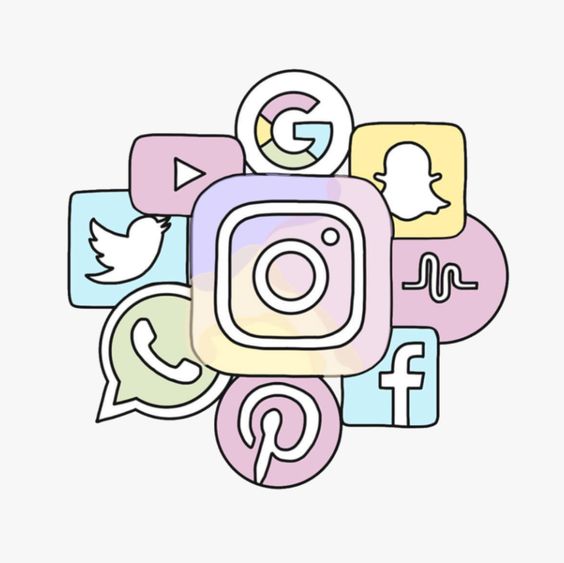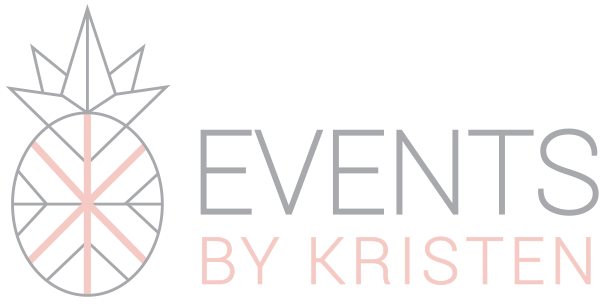
It is challenging to think of a time when social media didn’t exist- a time when people of all ages weren’t sharing their best selfies, posting pictures of their food, etc. The idea of the wonderful thing we call “social media” has been around since the 70s. From that moment on, users were introduced to photo and video sharing websites, live chat rooms, and more. In 2003, the popular MySpace launched. Users were given the ability to access content they never could before like sending private messages while posting public comments all their friends would be able to see. Facebook launched shortly after, in 2006. Suddenly came Twitter, Tumbler, Instagram, Snapchat, etc. The list goes on. All these social media handles expanded upon all the popular features users wanted. Social media is changing, and it is changing rapidly. Many may think it’s in its adolescent years, but in a way, it’s just beginning to grow. Marketers are learning which methods are the best to engage with users. All types of users are getting smarter. Platforms are using interactive and innovative ways to increase revenue.
When it comes to how event planning has evolved over the decades, the list is never-ending. The advent of smartphones, social media and active use of technology has undoubtedly had a considerable impact on events.
There are many reasons why social media is an essential marketing tool for event planners. Whether it is by establishing a personal connection, understanding a client’s vision or negotiating a deal with a vendor for a client, the event industry has always been filled with naturally social people. The mediums through which all of these interactions occur are changing in significant ways.
“Savvy event planners can quite easily use social media to connect with attendees, and engage more deeply with attendees than ever before.”
Social media has two main components that influence people to events and form them to be successful- an opportunity for networking and educational content. It is common for event attendees to be talking about the event in advance, during and after on social media sites such as Facebook, Twitter, and LinkedIn. If the event host is not participating and encouraging such engagement on the event page, attendees may not be comfortable in attending or attending the following year. This change could affect the dynamic of the event, as more important participation can take place if attendees have more knowledge about the event. Allowing attendees to engage with one another allows them to express their thoughts and similar interests between one another. Social media is a very inexpensive way to promote events. Some handles, such as Instagram, allow you to promote at no cost.
To put it into perspective, more than one billion people are active on Facebook, and 100+ million people use Instagram every month.
Common sense would tell you that a percentage of those people would most likely be interested in learning about your event. Marketing via word of mouth has a whole new meaning through social media. Hosts or Planners can assemble all of its subscribed attendees and reach out via social media to invite their followers. Years ago, you would have had to pick up the phone to call people and convince them to sign up. Nowadays, a simple “share” button gets the job done. Talk about effortless and efficient!
One of the many beneficial features of social media for event planning is that attendees can select what subject they are most passionate about. They simply do this by joining Facebook groups, LinkedIn discussion groups, “Like-ing” fan/business pages on Facebook, following influencers on Instagram, re-Tweeting exciting content on Twitter, etc. If a planner can interpret and recognize this information, they can effectively target their desired attendees based on their passions rather than their job titles. Live streaming has become a favorite part of social media. Live videos can help a company connect with their existing community and potential users in a different way. The brand feels more authentic, more accessible and more relatable. Not only can a company show their name to a potential customer via live streaming, but they can also better educate customers on the brand through promotion. It also increases social participation in the audience by engagement through comments. Now, those consumers that were unable to attend the event could follow along through live updates and comment engagement. In turn, this leads to attendees feeling empowered to criticize events. Attends can easily post their positive and negative feedback for the world to read since the Internet and its social networks all act as publishing platforms.
It is evident that social media can form the reputation of an event and its organization. Many conferences and larger scale events are successful due to their reputation with vendors, sponsors, and attendees. Improving and enhancing your image can start with social media. With a simple review from an attendee based on their experience, potential attendees looking into the conference will be able to know if they will get what they want out of it.
